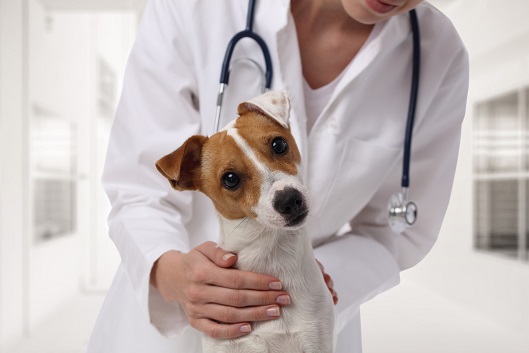Preventive Care for Your Pet on National Love Your Pet Day
National Love Your Pet Day is this weekend and what better way to show your pets that you love them than getting them a wellness exam with your family veterinarian? I’m sure that’s exactly how you and your pet want to celebrate, right? All kidding aside, I know that vet visits aren’t a walk in the park for some pets, but scheduling yearly or better yet, twice yearly, wellness exams for your furry (or scaly, or feathered, or shelled) family members is one of the most loving things you can do for them.

Like the adage says, “An ounce of prevention is worth a pound of cure.” Yearly or twice-yearly veterinary examinations and routine diagnostic testing enables your pet’s doctor to detect problems early on so hopefully they don’t become chronic illnesses later. Like your family physician, your veterinarian underwent years of training to detect subtle changes in your pet that you may not recognize, and then make recommendations for treatment or further investigation. Additionally, the wellness appointment gives you the opportunity to have a meaningful conversation with your veterinarian about multiple topics or points of concern, while an illness or injury appointment is usually focused around one particular problem.
Preventive health care visits for your pet should include a complete medical history, physical exam, recommendations for appropriate flea/tick/internal parasite control and vaccinations that are tailored to your pets’ needs. Dental care, nutrition, weight control, exercise/mobility, pain assessment, reproductive health (i.e. spay/neuter or breeding status), pet identification (i.e. microchip), and pet health insurance should also be topics that are covered during the visit.
And although you may think that once or twice-yearly wellness exams are a bit too frequent, consider this: cats and dogs age at a rate that is MUCH faster than you do so a yearly exam for them is equal to an exam every several years for you. The exact rate of pet aging depends on several factors including their species, size/breed, their environment, and their access to preventive care. Click here for the American Kennel Club’s (AKC) article on how to approximate your dog’s age in human years. The American Veterinary Medical Association (AVMA) also has some great information found here on defining at what age cats and dogs are considered “senior” and how to keep them healthy and happy as they get older.
So, make that appointment and show them you love them with the gift of health. Ok, and maybe a special treat too!
